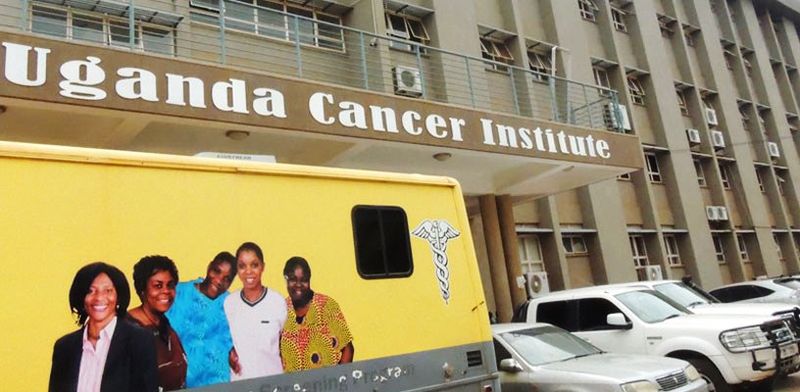
Cancer should never be a death sentence because of where you live. Yet, in Ethiopia, a country with only one cancer center for 100 million inhabitants, the disease is almost always deadly, leading to more stigma around cancer than around HIV/AIDS.
Each year approximately 750,000 Sub-Saharan Africans develop cancer and over half a million die from the disease. The number of new cancer cases is predicted to swell to over a million every year within the next five years in the region.
Due to limited availability of screening, laboratories, pathologists, and oncologists, cancers diagnosed in Africa have a much higher mortality rate than in other parts of the world. Without diagnostics, clinicians are unable to effectively screen for cancer, diagnose the disease and develop care plans. This results in the majority of cancer patients not being diagnosed until they reach an advanced stage that is not curable, making palliative care, when it even exists, the only option. Sub-Saharan African countries simply lack the personnel, training, resources, and infrastructure to respond to the cancer challenge.
At the end of 2017, our three organizations (American Society for Clinical Pathology, American Cancer Society and Novartis) joined forces to strengthen the capacity of frontline health providers, complementing work already happening on the ground to improve access to cancer diagnosis and treatment in Ethiopia, Rwanda, Tanzania, Uganda, and Malawi. ASCP is building capacity for immunohistochemistry analysis in seven hospital laboratories, and ACS is providing training in the handling of biopsy samples and in administering chemotherapy. Funding from Novartis is supporting this work to help build the infrastructure needed to improve treatment outcomes in these countries. Together, ACS and ASCP trained more than 80 healthcare workers in diagnostics laboratories and facilities administering chemotherapy care in 2018.
This is one of several positive examples of organizations coming together across sectors to solve a grand challenge in global public health. We can also build on highly successful efforts to combat infectious diseases, such as HIV, that have delivered winning models for bringing early screening and treatment services to people in hard-to-reach locations. We can and should do the same for cancer.
People with cancer in Africa are voiceless and dying silently. The disease contributes to massive human suffering, which goes largely unreported. The Ebola epidemic that took 11,000 lives was in the news for weeks while cancer, by comparison, kills nearly 500,000 Africans each year, and is ignored in the media.
The global health community needs to come together and speak out for cancer patients. Let’s join forces so cancer is no longer a death sentence in Africa.

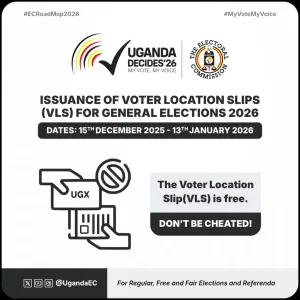
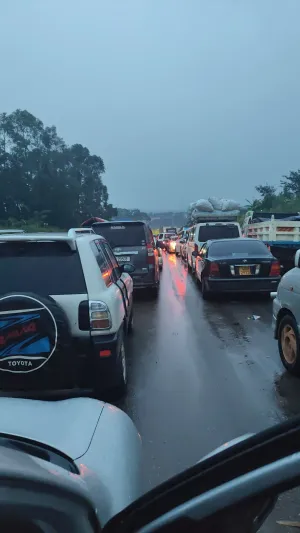

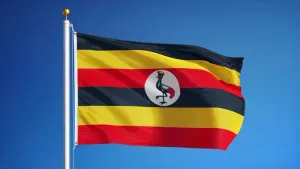


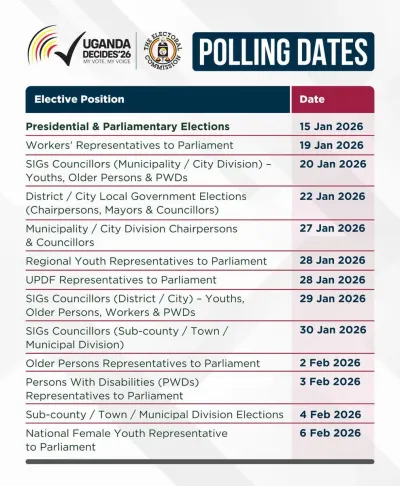







Meg O'Brien
Leave a Comment
Your email address will not be published.